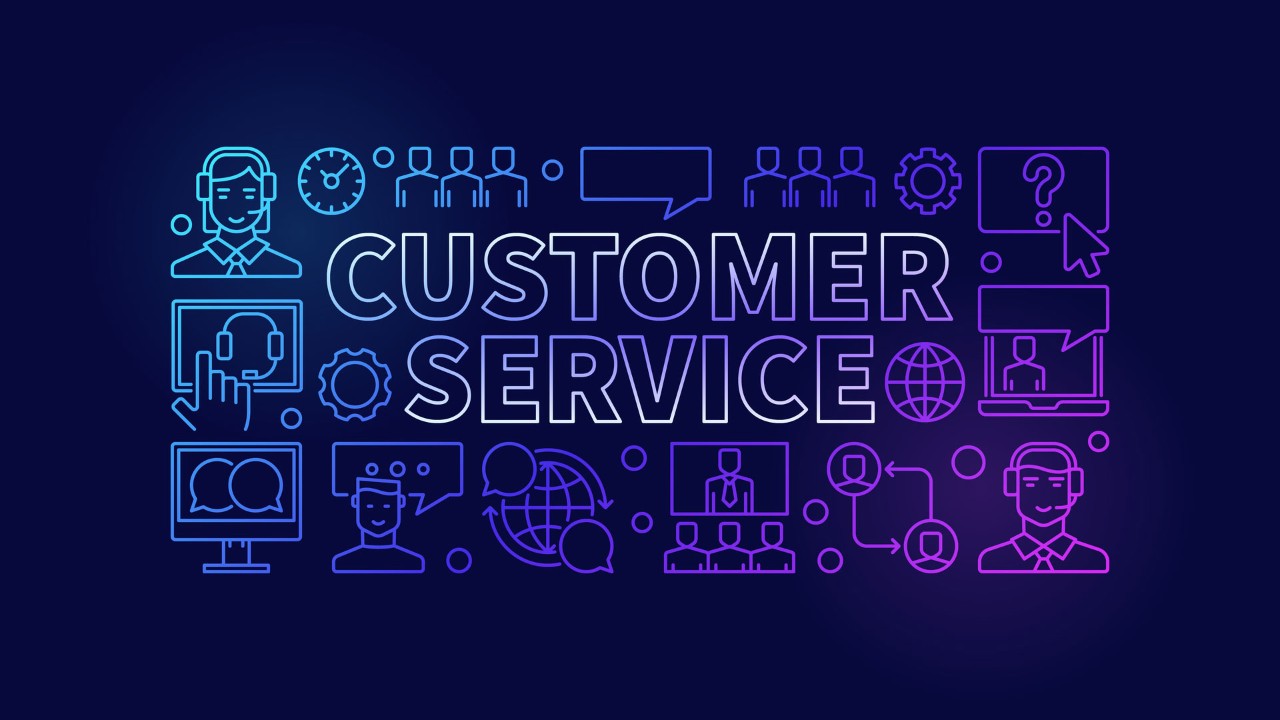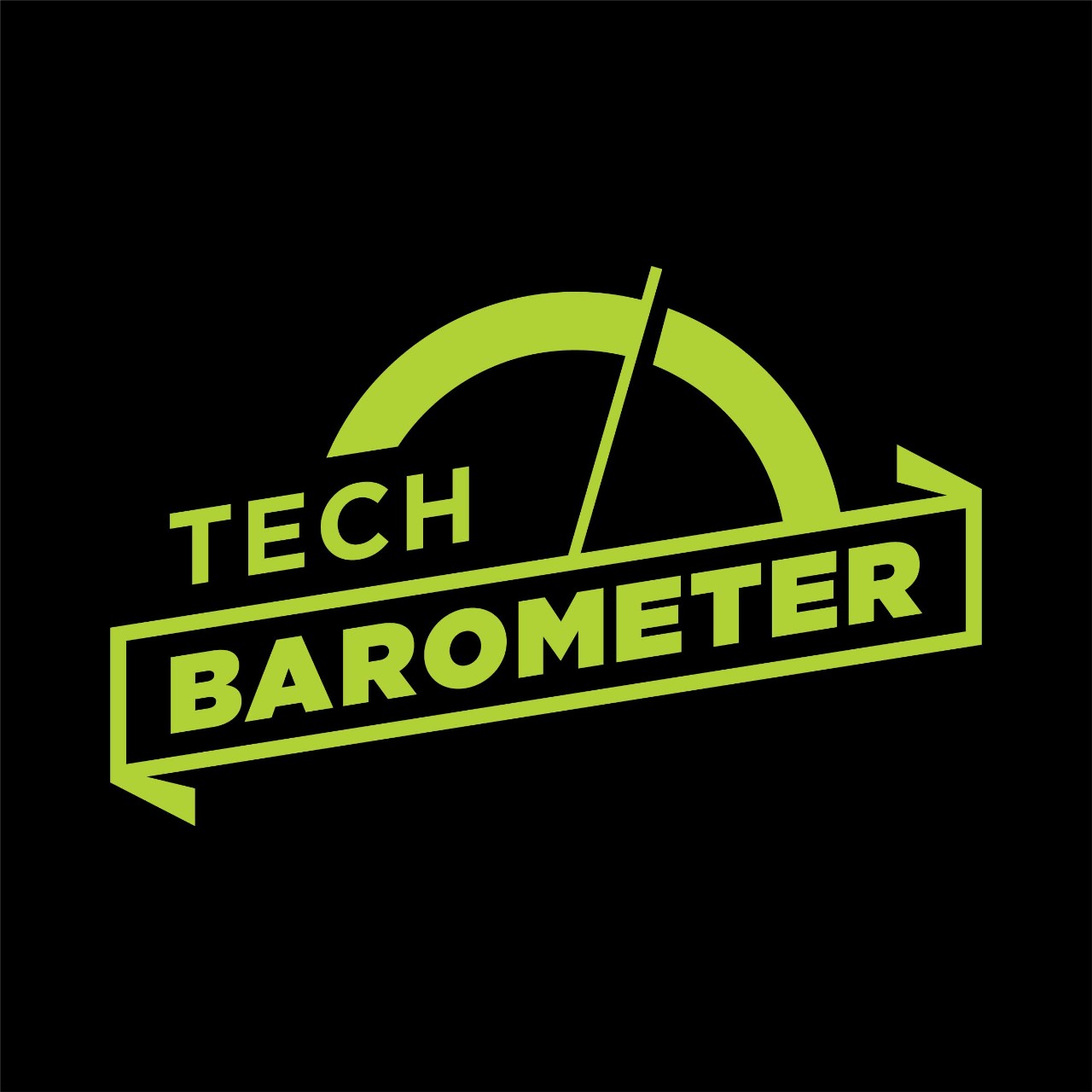Successful businesses often focus on delivering something essential to their customers: delight. It’s the belief that customers can only be engaged deeply and continuously over time if suppliers are seen as an understanding business partner and supporter. It requires delivering long-term value through proactive customer service.
There’s even a business measure for delight. It’s known as the Net Promoter Score.
Established in 2003 by loyalty guru Fred Reichheld of Bain & Company, the Net Promoter Score is a metric that describes — on a scale from -100 to 100 — how likely customers are to recommend a business to others, how satisfied they are with the company’s products or services, and how loyal they are to the company’s brand.
Net Promoter Score begins with the customer and looks backward, said Inder Sidhu, Executive Vice President of global customer success and business operations at Nutanix.
“Technology — for all the wonderful new frontiers that we’ve discovered and will continue to discover — is fantastic,” Sidhu said. “But you ultimately need to bring it back toward the customer.”
For the past five years, Nutanix has averaged 90 on the Net Promoter Score index, which is nearly three times the average score achieved by the tech industry as a whole.
“Throughout our 10-year history, we’ve been technology-centric and focused on continuous innovation,” Sidhu said. “Additionally, customer centricity becomes front and center when you go from the building stage of the company to the scaling stage.”
Companies that want to deliver a positive customer experience must understand their customers’ pain points, and then build their business in a way that addresses them, he said. Not just functionally — with a discrete customer service department or executive-led team — but also culturally.
“Customer centricity must permeate everything,” Sidhu said.
Everything old is new again
For decades, retailers and restaurants have understood the importance of ongoing exceptional customer service. It’s an increasingly important concept for the technology sector.
“Historically, IT companies would go sell you a hunk of iron — hardware, software, etc. — and then they’d go away,” Sidhu explained. “Three years later, they’d come back when the asset was depreciated, looking for the next purchase order.”
He said the advent of software-as-a-service (SaaS) and subscriptions turned the industry on its head. Nutanix is in the thick of it, because it recently moved to a predominantly software subscription model.
“If you’re getting TIME magazine or Netflix and you find that you’re not reading or watching it, you can turn off the subscription at any point in time,” Sidhu said. “The same thing happened to technology. If your product isn’t good — if it isn’t delivering the promised outcomes or satisfying the customer’s need — people can turn it off at any time.”
That means technology suppliers must drive adoption and a positive outcome, and they must continuously prove and re-prove their merit.

Education is key, said Sidhu. The speed at which technology evolves means companies must perpetually train their customers to use their products and services to ensure they’re cognizant of their latest and greatest capabilities, and using them to drive business outcomes.
“You need to make sure that they’re continuously seeing the value, so when it comes time to renew that subscription, it’s a non-event because they’ve been getting so much value out of it,” Sidhu said.
“It’s an entirely different ballgame compared to transactional purchase, order-seeking relationships.”
Predictive Prospects
Sidhu said the future of delivering excellent customer experience hinges on the ability to be predictive. That means service initiated by the product company or service provider instead of the customer. Service is provided before a problem arises — proactive customer service.
It requires data, usually real-time data, from customers using instrumented, analytics-ready products. Sidhu said two-thirds of Nutanix customers provide it with “call-home” data. This product-use data is sent to Nutanix, where it’s analyzed.
[Read related story: Built-In Customer Experience Analytics Boosts ROI]
Using artificial intelligence and machine learning, Nutanix can recognize even nascent problems and auto-generate a support ticket before the customer becomes aware of the issue. About 10% of support tickets are created this way.
“That’s not reactive, it’s proactive,” said Sidhu.
“When a customer is trying to create a support ticket, even before they’ve finished typing, we’ve shown them the two or three answers to that case. So much so that often they don’t even file a ticket because we’ve already told them the answer.”
As more customer data is analyzed, Nutanix can recognize patterns or trends and suggest fixes before problems cause harm.
“We’ve taken customer data and turned it into a recommendation engine,” Sidhu said.
“Our recommendation engine analyzes all their server clusters and says, ‘Based on the version of software that you’re running in these clusters, here’s a field advisory, and here’s an upgrade that you should apply … to make sure you’re fully up to snuff.’”
In the future, Sidhu said technology products should be smart enough to understand their environment and how they’re being used, and use that information to run optimally.
Matt Alderton is a contributing writer who specializes in business, culture, science, technology and travel. Find him on Twitter @AldertonWrites.
© 2019 Nutanix, Inc. All rights reserved. For additional legal information, please go here.


